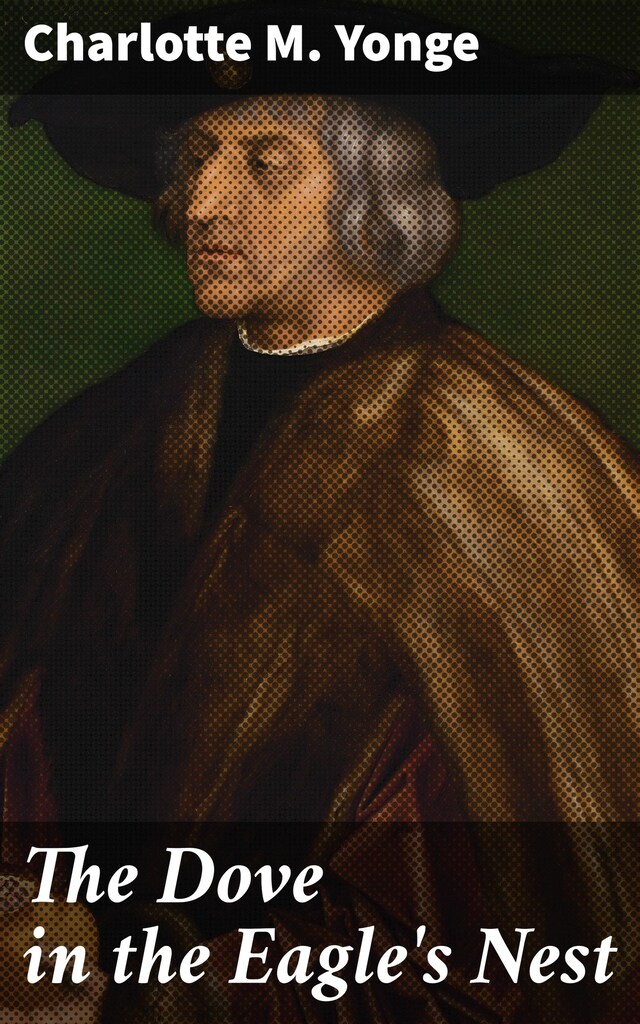
The Dove in the Eagle's Nest
A Medieval Tale of Loyalty, Sacrifice, and Honor
Description of book
In "The Dove in the Eagle's Nest," Charlotte M. Yonge presents a richly woven narrative that explores themes of faith, duty, and the interplay between individual choice and societal expectations. Set against the backdrop of 19th-century England, the novel employs a blend of realism and allegory, characterized by its lyrical prose and intricate character development. Yonge deftly encapsulates the struggles of her protagonists, particularly the contrasting ideals of freedom and responsibility, through the lives of its central figures, a devoted young woman and a conflicted nobleman. This depth provides a nuanced reflection on the moral landscapes of her time, inviting readers to ponder their convictions and dilemmas within the larger tapestry of society's demands. Charlotte M. Yonge (1823-1901) was an influential figure in Victorian literature, known for her deep commitment to moral instruction and character development. As a woman deeply involved in the church and educational pursuits, Yonge's life experiences undoubtedly informed her writing, evident in her compassionate portrayal of women navigating the complexities of love, duty, and social obligation. Her familiarity with theological discourse and her keen observations of contemporary societal norms lend a distinct credibility to her narrative. I highly recommend "The Dove in the Eagle's Nest" to readers who appreciate a thoughtful exploration of moral values intertwined with engaging storytelling. Yonge's ability to capture the essence of her characters' struggles offers profound insights, making this work a timeless piece worthy of study and reflection for anyone interested in Victorian literature, theology, or women's roles in society.
 Charlotte M. Yonge
Charlotte M. Yonge 366 Pages
366 Pages